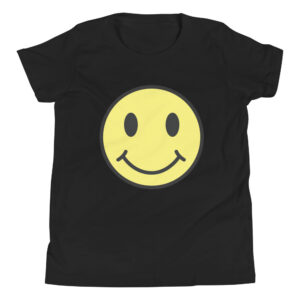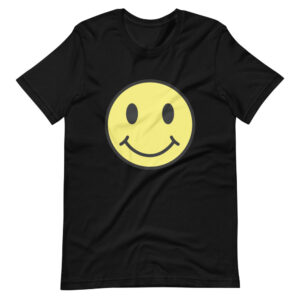Your Path to Fashion Mastery
In the world of fashion, color coordination isn’t just an art; it’s a science. The way we pair and blend colors in our outfits can significantly impact our appearance, confidence, and the messages we convey through our clothing choices. In this article, we’ll explore the fascinating science behind color coordination in fashion and provide practical tips to help you master this essential skill.
Understanding Color Theory: The Basics
Before diving into the science of color coordination, it’s crucial to understand the basics of color theory. Colors can be categorized into primary (red, blue, yellow), secondary (green, orange, purple), and tertiary (red-orange, yellow-green, etc.) colors. Additionally, colors can be warm (red, orange, yellow) or cool (blue, green, purple), which plays a significant role in fashion coordination.
The Psychological Impact of Colors
Colors evoke emotions and send powerful messages. For example:
- Red: Conveys passion, energy, and excitement.
- Blue: Represents calmness, trustworthiness, and reliability.
- Yellow: Evokes happiness, optimism, and warmth.
- Black: Signifies sophistication, elegance, and authority.
Understanding the psychological impact of colors can help you choose outfits that align with the impression you want to make in different situations.
The Role of Skin Tone
Your skin tone plays a pivotal role in color coordination. Understanding whether you have a warm, cool, or neutral skin tone can help you select colors that complement your complexion. Warm-toned individuals often look best in earthy tones and warm colors like red and orange, while cool-toned individuals shine in blues, purples, and cool pastels.
Color Harmonies: Creating the Perfect Outfit
Creating a harmonious outfit involves understanding color harmonies. Here are some popular color harmonies and how to use them in fashion:
- Complementary Colors: Colors that are opposite each other on the color wheel (e.g., red and green) create high-contrast, attention-grabbing outfits.
- Analogous Colors: Colors that are adjacent to each other on the color wheel (e.g., blue and green) create a harmonious and pleasing look.
- Monochromatic: Using different shades and tones of a single color (e.g., varying shades of blue) creates a sophisticated and streamlined appearance.
- Triadic Colors: Three evenly spaced colors on the color wheel (e.g., red, yellow, and blue) create vibrant and balanced outfits.
Seasonal Color Analysis
Seasonal color analysis categorizes individuals into different color palettes based on their skin tone, eye color, and hair color. These palettes, often referred to as “seasons” (e.g., spring, summer, autumn, winter), help individuals identify which colors look best on them, making shopping and coordination effortless.
Mastering the Art and Science of Color Coordination
Color coordination in fashion is not just about aesthetics; it’s about understanding the science behind how colors interact with our emotions, skin tone, and the messages we want to convey. By applying the principles of color theory, recognizing the psychological impact of colors, and considering your skin tone and seasonal color analysis, you can elevate your fashion game and confidently create outfits that reflect your style and personality. Whether you’re dressing for a special occasion or your daily life, mastering the science of color coordination will undoubtedly enhance your fashion choices and boost your self-confidence.





